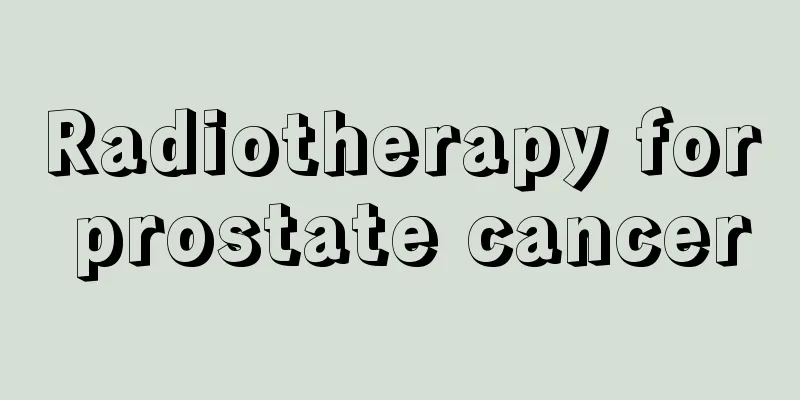How to treat lumbar scoliosis?

|
Lumbar scoliosis, also known as spinal curvature, is a disease that is difficult to treat. It often occurs in the elderly, and those who have been engaged in physical labor for a long time and are malnourished are most susceptible to the disease. Lumbar scoliosis will affect a person's overall image and work ability, making patients unable to engage in labor work. Therefore, the treatment of lumbar scoliosis is very urgent. So, how to treat lumbar scoliosis? Treatment for scoliosis can be divided into two major categories, namely non-surgical treatment and surgical treatment. Common non-surgical treatments include physical therapy, gymnastics, plaster, braces, etc., but the most important and reliable method is brace therapy. Generally, idiopathic scoliosis within 20 degrees can be left untreated and closely observed. If it worsens by more than 5 degrees each year, brace treatment should be performed. Adolescent idiopathic scoliosis of 30 to 40 degrees at the first visit should be treated with bracing immediately, because more than 60% of this group of patients will develop worsening curvature. Surgical treatment of adolescent idiopathic scoliosis should be considered in the following situations: (1) Those with thoracic curvature greater than 40 degrees and thoracolumbar curvature/lumbar curvature greater than 35 degrees; (2) Patients whose scoliosis cannot be controlled by brace treatment and progresses rapidly; (3) Those with obvious back pain or symptoms of nerve compression. For patients with congenital scoliosis, if the scoliosis is of the type that is prone to progression or if the scoliosis progresses significantly during the observation period, surgical treatment should be performed as early as possible. Generally, 3 to 5 years old is a good time for surgery. Because the causes of scoliosis are complex and there are many types, whether surgery is needed is not simply based on the patient's age or degree of scoliosis. Factors such as the type, characteristics, segment, progression rate of the deformity, the patient's bone age development, and the degree of impact of the deformity on the patient's body shape should also be considered. It is a consensus that progressive congenital scoliosis should be treated with surgery early, because with age, not only does the deformity worsen, but it also becomes stiff and difficult to correct. However, if idiopathic scoliosis undergoes posterior correction and fusion too early in childhood, it may affect the growth and development of the spine, and the deformity is likely to worsen in the long term. |
<<: How to properly deal with indigestion and diarrhea
>>: What are the symptoms of lumbar degeneration
Recommend
What causes esophageal cancer
In recent years, esophageal cancer has become one...
What is rum
Many people don’t know what rum is, so it is nece...
Can I eat KFC during confinement?
During the confinement period, you will feel a lo...
What is the difference between the spine and the vertebrae?
The spine is one of the most complex bone tissues...
Calamine lotion
Calamine lotion is a skin topical medicine that h...
What are the main symptoms of bile duct cancer
There are many types of diseases nowadays, but we...
Is cardiac angiography harmful to the body?
Cardiac angiography is a method used to check for...
How to treat lymphedema after breast cancer surgery
How to treat lymphedema after breast cancer surge...
Application of cryotherapy for lung cancer
The purpose of lung cancer cryosurgery is to cure...
What are the dietary precautions for ovarian tumors
The eating habits of ovarian tumor patients are v...
Can renal hamartoma be detected early?
The chance of early detection of renal hamartoma ...
Why are there more and more cancer cases in my country? Reminder: These four places may easily cause gene mutations
In this fast-paced era, we are busy with work eve...
Does endometrial cancer have any harm to the body?
Friends who know about endometrial cancer are all...
Can babies use ceiling fans?
In the hot summer, the sultry weather will make p...
What to do if the shoelaces are too long
Many people like to wear canvas shoes because the...









